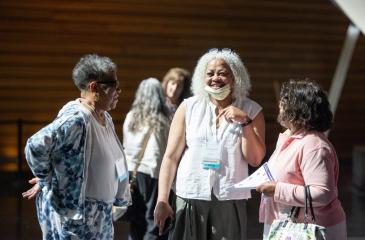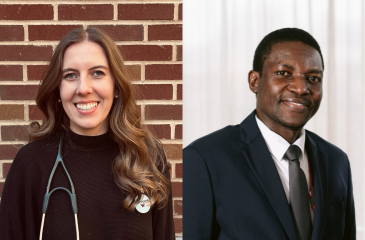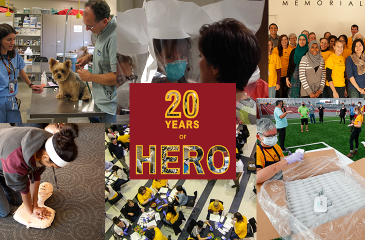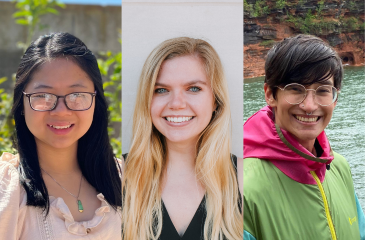Fifteen years ago, Joseph Gaugler, PhD, envisioned a way to connect with community members caring for loved ones with memory loss. What began as an outreach event has evolved into the annual Caring for People with Memory Loss (CPWML) Conference with a loyal following, and a community that comes together year after year for up-to-date research, breakthroughs, tips on caregiving, and much more.
Each year’s topics are crowdsourced by attendees, with the conference being driven by what adult children, spouses, parents, and health and community care providers want to learn. The conference serves as an opportunity to engage in discussions on key issues people are grappling with on a day-to-day basis.
“People want to engage with these issues, and for many families this conference is viewed as a central resource,” said Gaugler, a professor and Robert L. Kane Endowed Chair in Long-Term Care and Aging in the School of Public Health. “We are listening to what communities tell us they need. Our approach has always been to make this experience user-friendly, where people can get information and tools they need on a wide breadth and depth of topics, from medication management, decision-making and communication, legal and financial concerns, to art and spirituality. The list goes on and on.”
This year’s conference had a large turnout with 150 people attending in-person and 200 people online. Presentations included avoiding power struggles in caregiving, self-care, cross-cultural communication, and how to work with residential care staff to provide your loved one with the best care.
An estimated 6.7 million Americans age 65 and older are living with Alzheimer's dementia today. In Minnesota, there are a little under a hundred thousand cases of people living with dementia and around 2-3 times the number of caregivers. It is a prevalent issue that affects almost all communities. Family caregivers are not often incorporated into healthcare delivery and navigating the healthcare system when someone is living with dementia, often with co-occurring conditions, can be challenging.
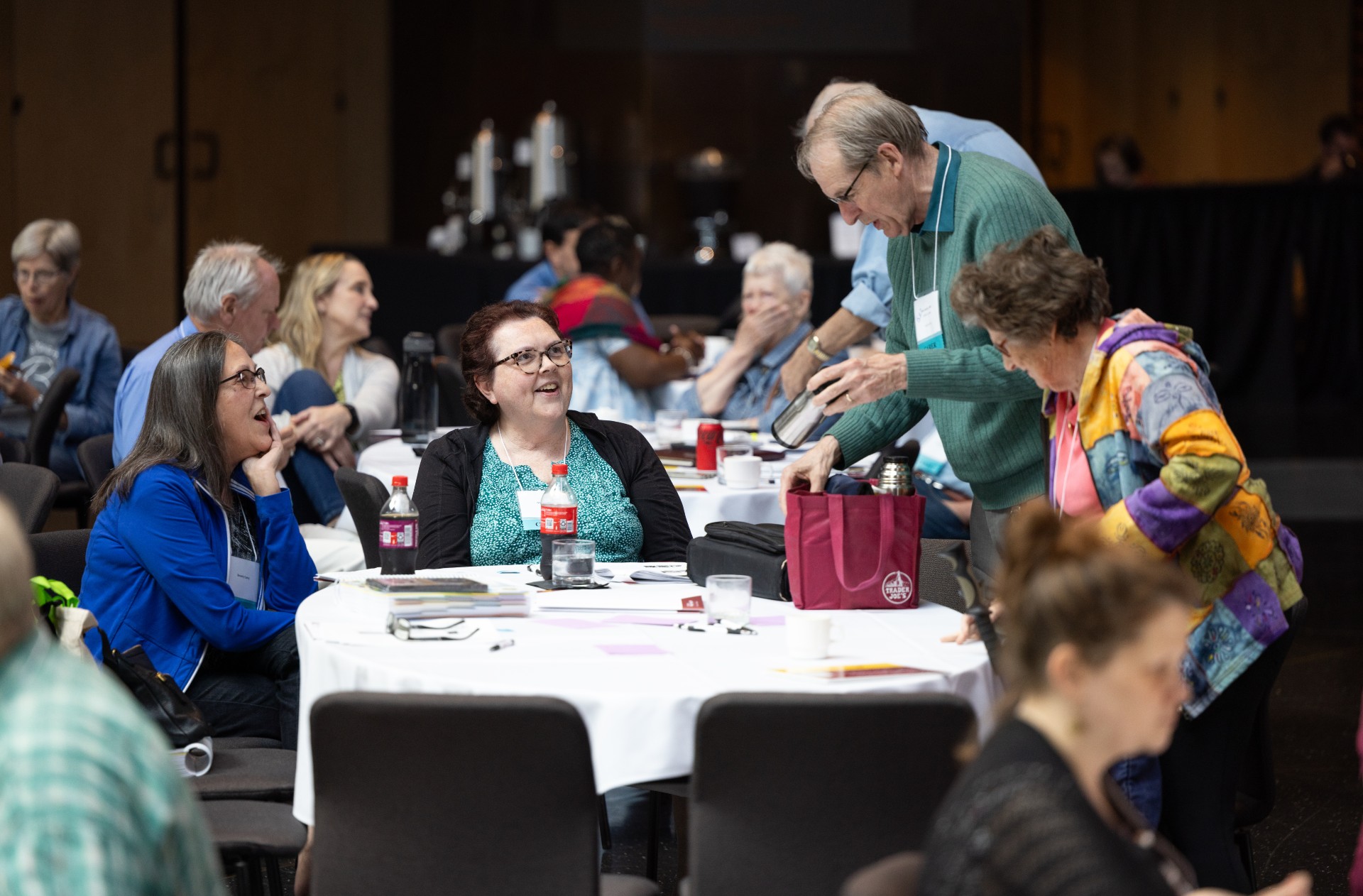
“There is a need for knowledge about dementia. The conference allows University experts to share what we know with families and professionals in order to help answer their questions, and we learn from them as well,” said Gaugler. “This conference has influenced the research we do—moving towards intervention and implementation, and how we communicate and disseminate our findings in order to bridge this translational gap. It’s inspired us to see community outreach and engagement as an essential component of all our work.”
CPWML began in 2008 and has since blossomed into a crucial resource for many families seeking not only information about caring for loved ones with memory loss, but a space to come together to share in each other’s losses, struggles, triumphs, which is to say, a sense of community.
The purpose of the Minnesota Northstar Geriatrics Workforce Enhancement Program is to improve the health and healthcare of older adults across Minnesota. It is supported by the Health Resources and Services Administration (HRSA) of the U.S. Department of Health and Human Services (HHS), the primary federal agency for improving health care for people who are geographically isolated and economically or medically vulnerable. The contents are those of the author(s) and do not necessarily represent the official views of, nor an endorsement, by HRSA, HHS or the U.S. Government. The Minnesota Northstar GWEP is also supported by the Otto Bremer Trust, the University of Minnesota Medical School and the Office of Academic Clinical Affairs.
